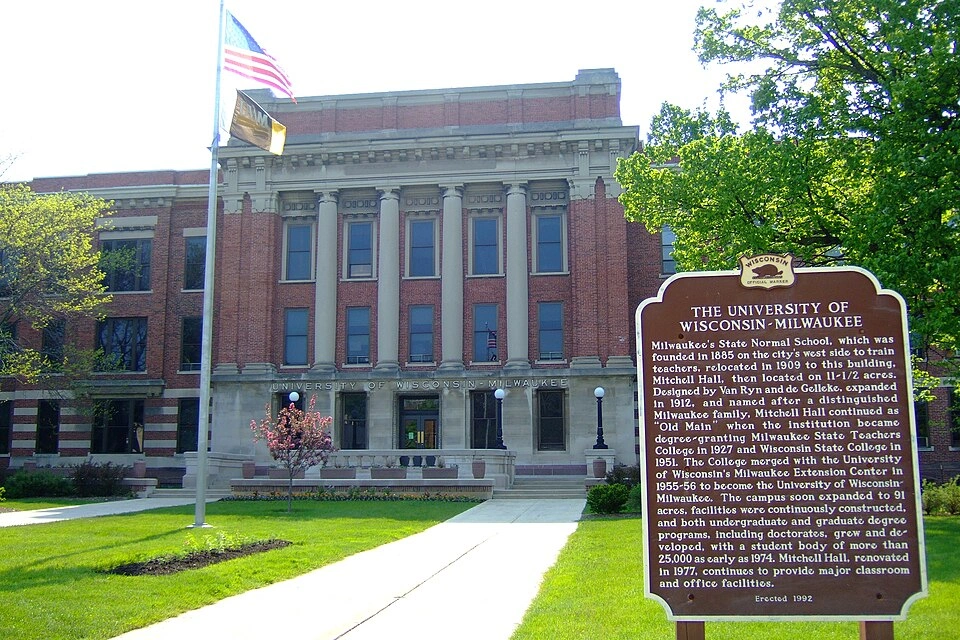
Become a member & keep reading for free, or choose a paid membership.
Access all our content & email newsletter
The University of Wisconsin-Milwaukee (UWM) has become the site of a new initiative aimed at transforming the manufacturing landscape in Wisconsin and potentially beyond. Microsoft recently opened the AI Co-Innovation Lab on the UWM campus, described in company and university press releases as one of only five such facilities worldwide and the first of its kind in the United States focused on manufacturing.
The lab is located within UWM’s Connected Systems Institute, in partnership with Titletown Tech, a Green Bay-based venture capital firm launched by Microsoft and the Green Bay Packers. This collaboration reflects a broader strategic commitment by Microsoft, which has announced a $3.3 billion investment in data center infrastructure currently under development in Racine County. By integrating artificial intelligence into manufacturing, the lab aims to help accelerate innovation and support Wisconsin companies in remaining competitive in global markets.
According to UW-Milwaukee Chancellor Mark Mone, the lab represents the future of education and industry collaboration, highlighting the university’s potential to influence markets beyond Wisconsin. “This research is going to create cutting-edge knowledge to truly advance manufacturing in a globally competitive way,” Mone said.
The AI Co-Innovation Lab is intended to be more than a research hub; it serves as an accelerator for AI adoption among Wisconsin manufacturers. The lab works directly with companies to develop scalable AI automation prototypes, including those designed for industries that have historically relied on labor-intensive processes. This initiative aligns with goals announced by collaborators such as the Wisconsin Economic Development Corporation (WEDC), which has committed funding to upgrade the lab’s facilities and create opportunities for small and medium-sized manufacturers to engage with AI technologies.
Industry leaders have voiced support for the lab’s potential. Craig Dickman, Managing Partner of Titletown Tech, described the lab as f bringing a mindset to industry of “moving fast, building with purpose and focusing on outcomes,” according to Microsoft’s press release.
The lab has already worked with a select group of Wisconsin-based companies on projects such as real-time fault detection in industrial machinery and multilingual voice assistants for logistics operations. According to Microsoft, participating companies retain ownership of their intellectual property.
Microsoft and UWM have a goal to work with up to 270 Wisconsin businesses, including 135 manufacturers, by 2030 according to local public radio.
The mission is further supported by infrastructure and funding from WEDC, reinforcing the belief that modern infrastructure is essential for innovation.
“With access to cutting-edge AI technology and technical guidance to bring their ideas to life, we can’t wait to see what Wisconsin companies will build” noted Microsoft’s Corporate Vice President for Infrastructure Legal Affairs, Rima Alaily in the Microsoft statement.
Trending Stories




